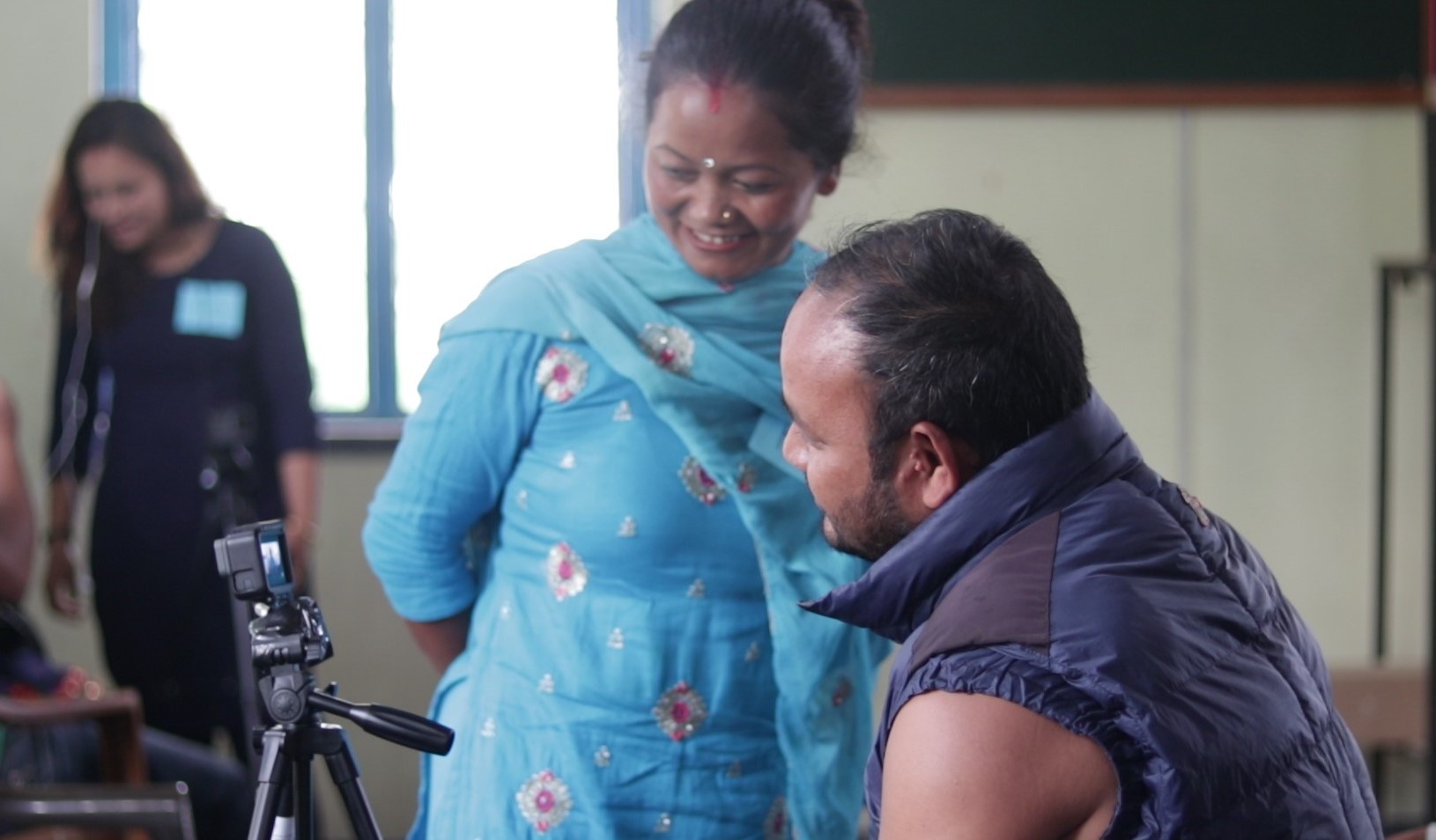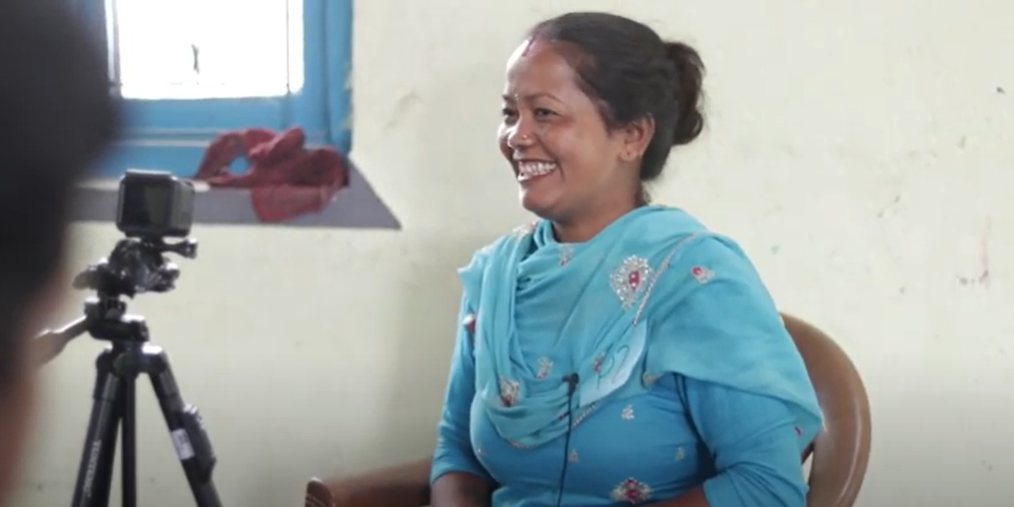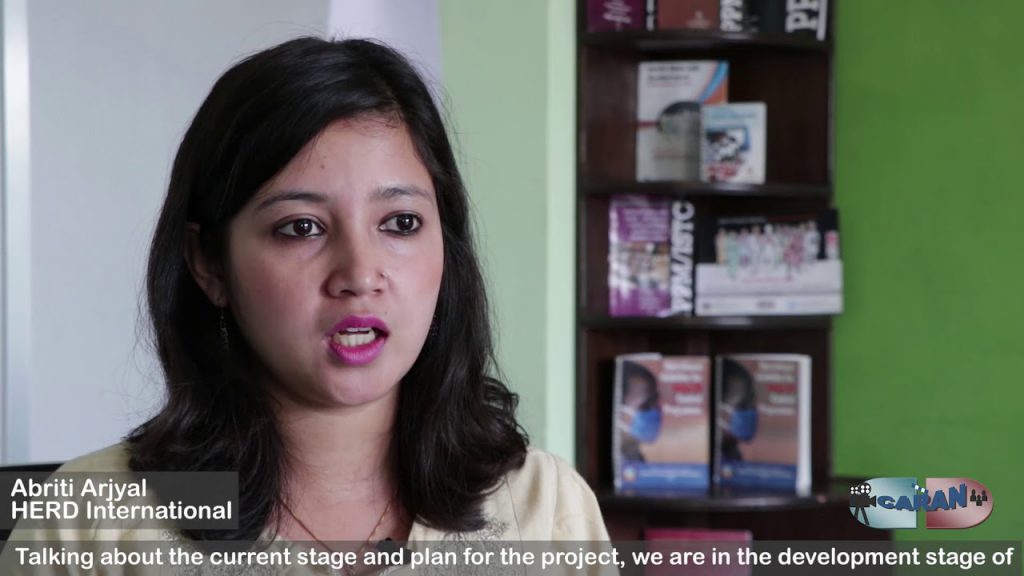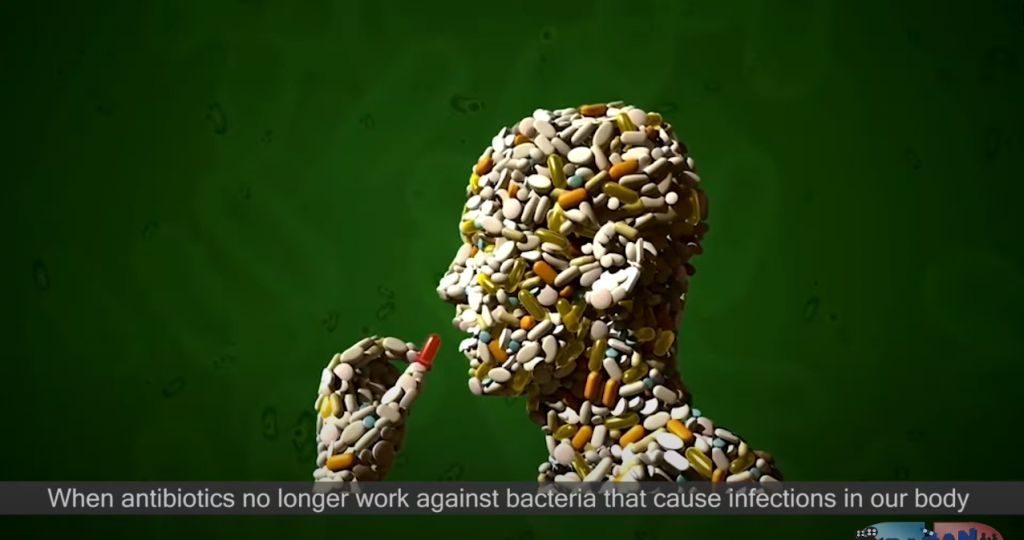BACKGROUND
Evidence has shown that antibiotic resistance (ABR) is a growing threat to public health in Nepal. This project proposes to develop and pilot test an innovative intervention using community-led solutions to address the problem of antibiotic misuse at the level of individuals, households, communities, and district and national policymakers. This will directly support the delivery of the UN’s Sustainable Development Goals, in particular, SDG 3: ‘ensuring healthy lives and promoting well-being for all at all
OBJECTIVES OF OUR PROJECT
- Identify critical barriers to preventing and controlling ABR at the individual, household and community levels
- To enable communities to identify solutions to overcome these barriers
- To present the identified issues and solutions in the form of documentary films and comics to the community, district and national level stakeholders for maximum impact.
METHODOLOGY EMPLOYED
Our project envisioned a unique blend of humanities, social sciences and public health approaches, which encompass the following methodologies:
- Participatory-video-based intervention – Participants learning on film making, where participants are trained on film making and developed their own videos on the challenges they face in the communities in regards to antibiotic resistance (ABR) which will be used to raise awareness.
- Participatory approach – This included a series of workshops where participants were introduced to the issue of antibiotic resistance and multiple activities were conducted to extract information on the issue of ABR in their communities.
PROJECT OUTCOMES
1) Knowledge on sociocultural, political and economic issues affecting antibiotic misuse
2) Knowledge on the process of developing a community led intervention
3) Films appropriate to the local context, health education and advocacy campaigns on antibiotic resistance
PROJECT Focal person and team members
This project’s focal person is Ms. Abriti Arjyal
Associated Team Members
Abriti Arjyal
Research Manager - Qualitative and Multidisciplinary ScienceAbriti Arjyal
Research Manager - Qualitative and Multidisciplinary ScienceAppointed as the lead of Research, Innovation and Development Department Key Expertise Ms. Abriti Arjyal works as Research Manager – Multidisciplinary Qualitative Research – at HERD International and has experience in the area of public health, health system and service delivery research, social science and gender, and equity. She is an emerging young researcher with more than seven years of experience leading formative and operational field studies, evaluation studies, and literature reviews, with expertise in design and implementation of qualitative research, and [...]
Learn moreSushil Chandra Baral
Managing DirectorDr. Sushil Chandra Baral is an experienced health and development expert with over 25 years of experience in research and development. Specializing in health systems, health policy, and planning at both national and international levels, Dr. Baral has played a pivotal role in communicable disease control, specifically Tuberculosis. He serves as a Managing Director at HERD International. In the past, he worked as a Strategic Advisor for the Nepal Health Sector Support Programme demonstrating expertise in program-based operational research and [...]
Learn moreProject Location
Similar Projects
Background Antimicrobial resistance (AMR) is when microorganisms evolve mechanisms to survive the drugs designed to destroy them (WHO ...






